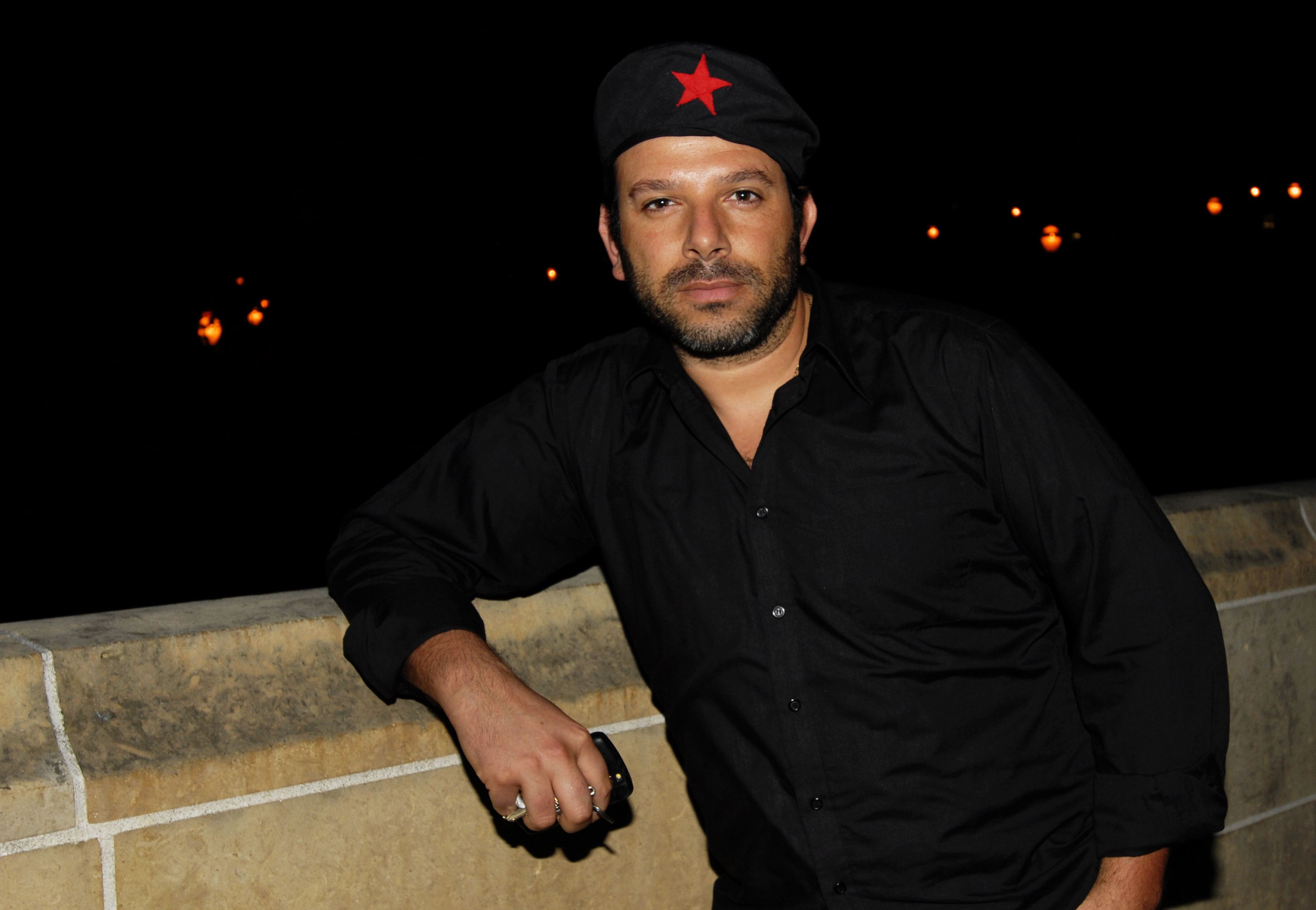Rayed Khedher returned to Tunisia over winter break, unaware of the trouble brewing in his country.
Khedher, along with thousands of other Tunisians, took to the streets of major cities in Tunisia to protest the policies of the reigning police state.
On Jan. 2, the anthropology graduate student joined fellow Tunisians in a demonstration at the headquarters of Tunisia’s largest trade union. Uniformed police blocked the exits from the square, and plainclothes officers dispersed through the crowd.
Khedher watched as fellow demonstrators attempted to push through the police line but were repelled as the uniformed officers began to arrest and beat them while plainclothes officers took pictures and identified participants for future reference.
The riot Khedher participated in was part of a larger Tunisian uprising to protest the authoritarianism and repression of former President Zine el-Abedine Ben Ali’s 23-year rule over Tunisia. The revolution began on Dec. 17, a day after Khedher arrived, when a street vendor set himself on fire in Sidi Bouzid in response to Tunisian authorities confiscating his goods.
After the vendor’s self-immolation, riots spread throughout Tunisia, and then to various countries in the region, including Egypt, Yemen, Algeria and Jordan.
There are two basic goals of the protestors and the various international organizations monitoring the situationÂÂÂ ““ to establish a democratic regime committed to protecting human rights and to establish rights to free political association and free press, said Justin Connolly, director of development and outreach for the Human Rights Watch’s California Committee South, an international organization focused on the protection of human rights.
Many media outlets have focused on the use of social networking sites such as Facebook and Twitter as tools that enabled the revolutions in Egypt and Tunisia. But the role of social networking sites was completely logistical, because the revolution was led by the people of Tunisia, not by their computers, Khedher said. The high level of education in Tunisia was a key element in the success and breadth of the revolution, he added.
“It’s not virtual, it’s real. People went into the streets, and people got killed, and people got wounded, and that’s how we managed to get Ben Ali out of the presidential palace on Jan. 14,” Khedher said.
Soon after the Tunisian unrest, Egyptians began rioting for a similar change in their government, whose leader has been in power for 30 years. Unlike with the Tunisian revolution, which began to receive media coverage weeks after the initial riots, the Egyptian uprising has been covered extensively to a point where it has totally eclipsed Tunisia, Khedher said.
“I was a little bit disappointed about the fact that the Tunisian revolution did not really get the coverage that it deserves because it is such a unique and exceptional revolution,” he said. “Tunisia was definitely the catalyst that ignited the streets of Cairo.”
The revolution in Tunisia was one of complete unity and single-mindedness, Khedher said. During the uprising, snipers and specialized police loyal to President Ben Ali created chaos and fear among the population with random shootings. To protect themselves, neighborhoods throughout Tunisian cities banded together for mutual protection.
“The men would stay up the whole night to protect their neighborhoods with sticks and with knives, trying to resist the snipers. It created a whole dynamic of solidarity amongst the population of Tunisia,” Khedher said. “During the dictatorship, every neighbor suspected that the neighbor next door was going to fabricate stories that have no ground and no truth, just because it was a police state.”
For significant change to occur in Tunisia, basic actions need to be taken to hold the previous regime accountable for their actions, said Iain Levine, deputy executive director of research and programs for Human Rights Watch. Levine said instances of police brutality and wrongful incarceration must be examined.
Khedher said he is hopeful for the prospect of a democratic and intellectually free future of Tunisia.
“I’m very optimistic about the future of Tunisia, and I think we have a big chance of becoming the first really democratic Arab government in the region,” he said. “It could be a model for the other countries to follow.”
